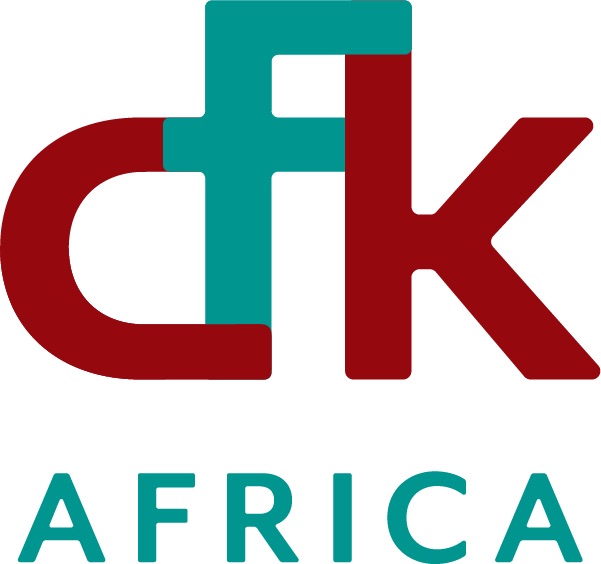Written with insights from Siama Yusuf, CFK Africa Project Officer for Community Health
Most often, friends, neighbors and peers within the crowded paths and tightly packed homes of Kibera are aware of each other’s joys and struggles. According to social norms, the issue of sexual and gender-based violence (SGBV) remains unspoken, or in otherwise hushed tones despite being a pervasive issue among many women and young children.
Working with Community Health Promoters (CHPs) and landlords, CFK Africa is leading a new intervention on compound policing that employs community event-based surveillance for SGBV to save lives and challenge the negative norms that lead to SGBV.
Landlords are Leading against SGBV
In Kibera and other informal settlements, landlords hold power and leverage in the community. For over two decades, CFK Africa has established deep roots in the communities we serve, resulting in an active network of landlords and residence owners. We are now empowering this group to harness their power to start making changes within their compounds and collectively address SGBV.
This new, innovative, compound policing model draws on the practice of rapid detection, reporting, confirmation, and assessment of public health events, and applies it to combatting SGBV at the community level. The model will also strengthen referral pathways by ensuring effective reporting and support mechanisms for SGBV cases, guaranteeing comprehensive care for survivors.
Currently being piloted in Kibera, this new model is already proving to be effective, including a rapid and live-saving response to a 4-year-old girl’s case that was reported by a participating landlord. The mother and daughter are now on a path to healing, with ongoing psychological support from CFK Africa’s girls empowerment team and the child safely recuperating at home.

The Approach
Our approach is to listen, learn, interrogate, assist, and refer. Listening will start with creating an open, safe environment for tenants to share their experiences with participating landlords regarding SGBV through regular, confidential meetings that ensure privacy and confidentiality. We will continually work with the landlords to learn, ensuring that they learn about SGBV and effective intervention strategies through training sessions and workshops, ensuring they take immediate action to address and prevent these cases. Together with the landlords, we will then interrogate, delving deeper into reports of SGBV to understand the root causes of SGBV, using sensitive, non-judgmental questioning to build trust. This will help in understanding patterns and specific needs of the community, even as specific as at the compound level.
All of this will result in landlords being prepared to assist, providing immediate support and take necessary actions to address and prevent SGBV within their compounds. Landlords will be empowered develop and enforce clear anti-SGBV policies, including consequences for perpetrators.
Finally, the landlords will refer survivors of SGBV to appropriate services and support systems, maintaining a list of local organizations, hotlines, and support groups at CFK Africa facilties and beyond to ensure survivors have access to the help they need.
The Impact
This innovative model is encouraging community leaders to think critically about SGBV and facilitate change, fostering dialogues instead of imposing interventions. A more efficient and supportive grassroots-level system for handling SGBV cases, the project is ensuring that survivors receive necessary help and justice. The project also develops a stronger sense of community and mutual support, as tenants and landlords work together to create a safe environment.
By developing a network of committed landlords, CFK Africa is leading action against SGBV.
